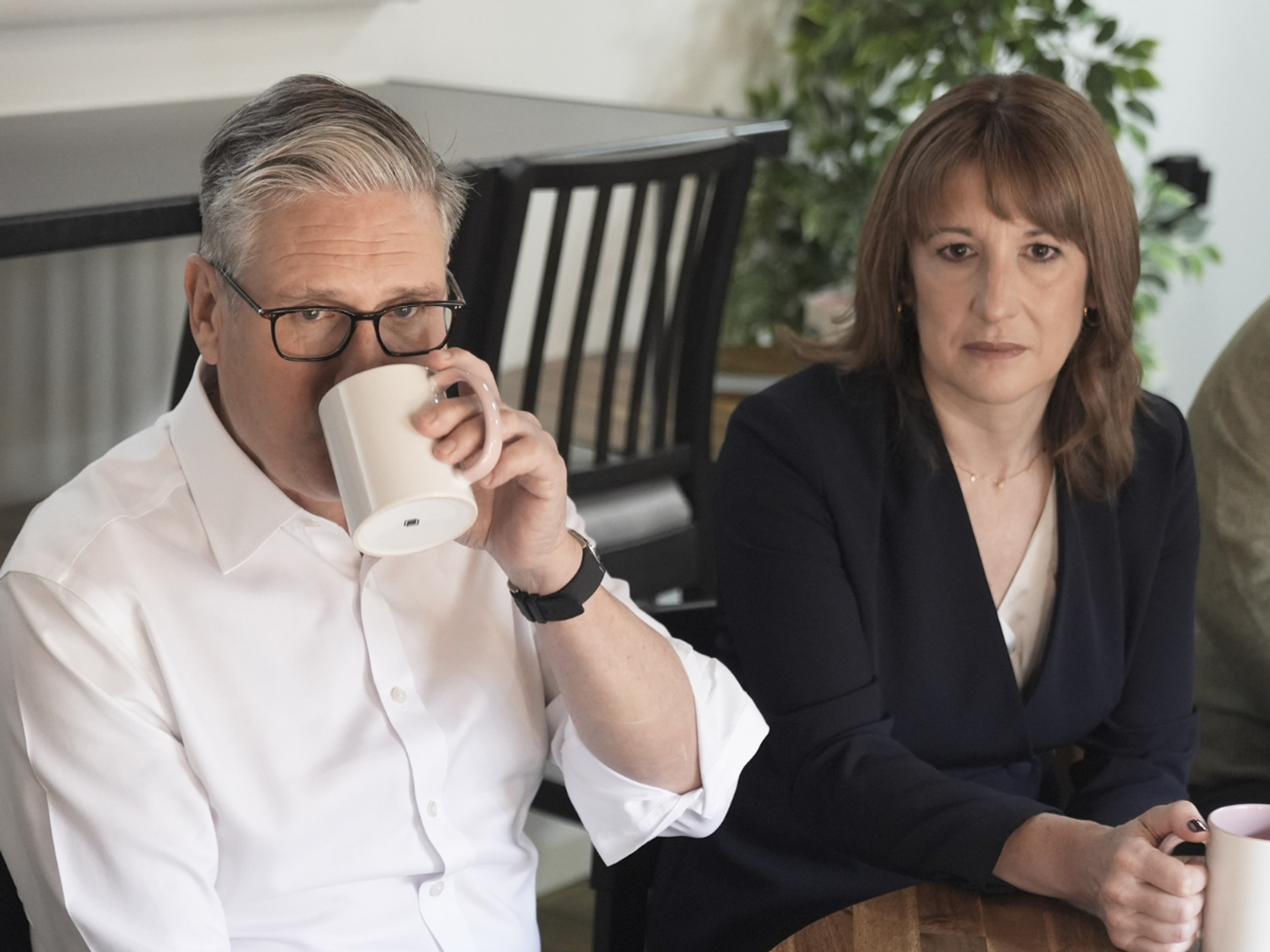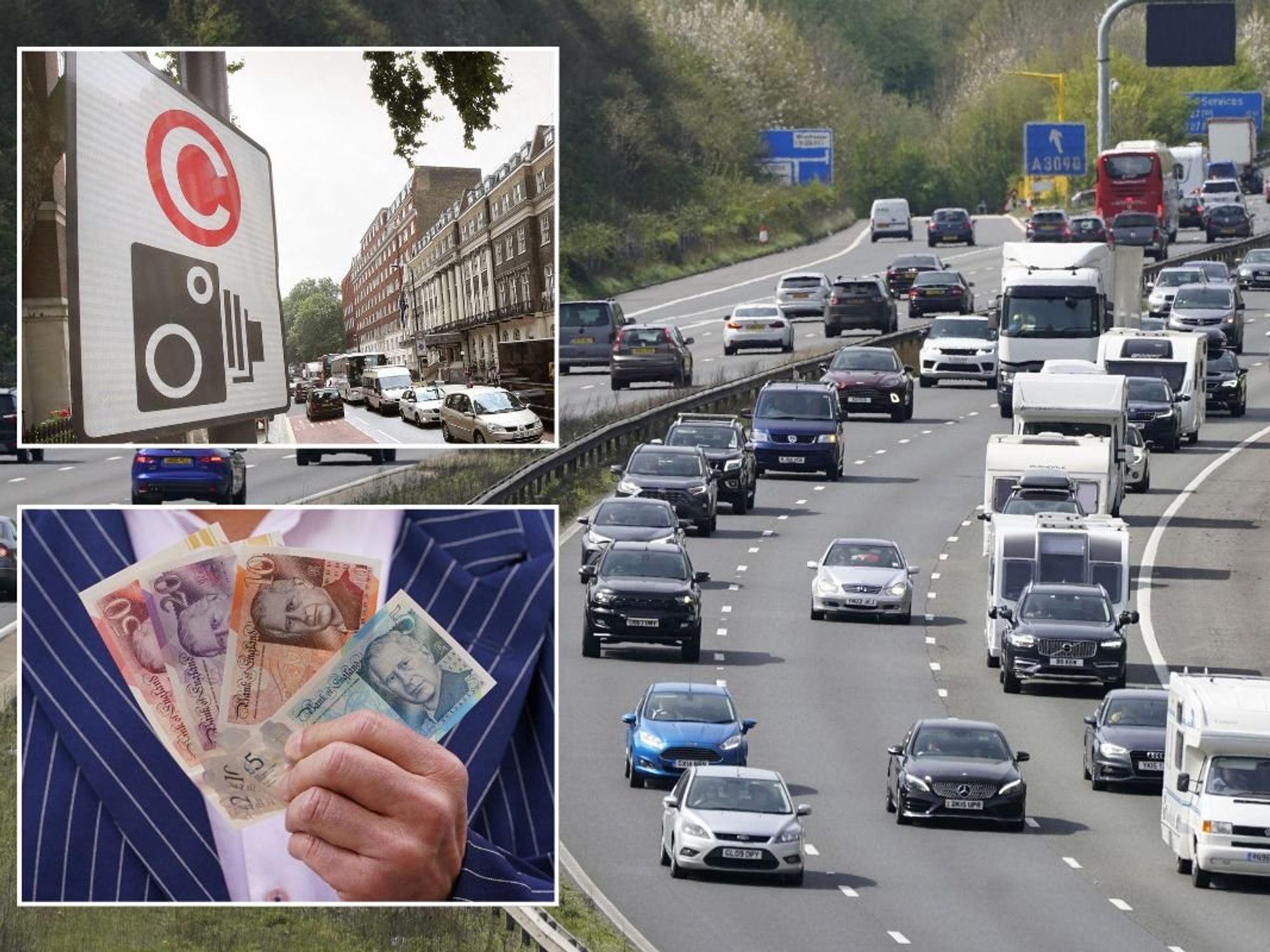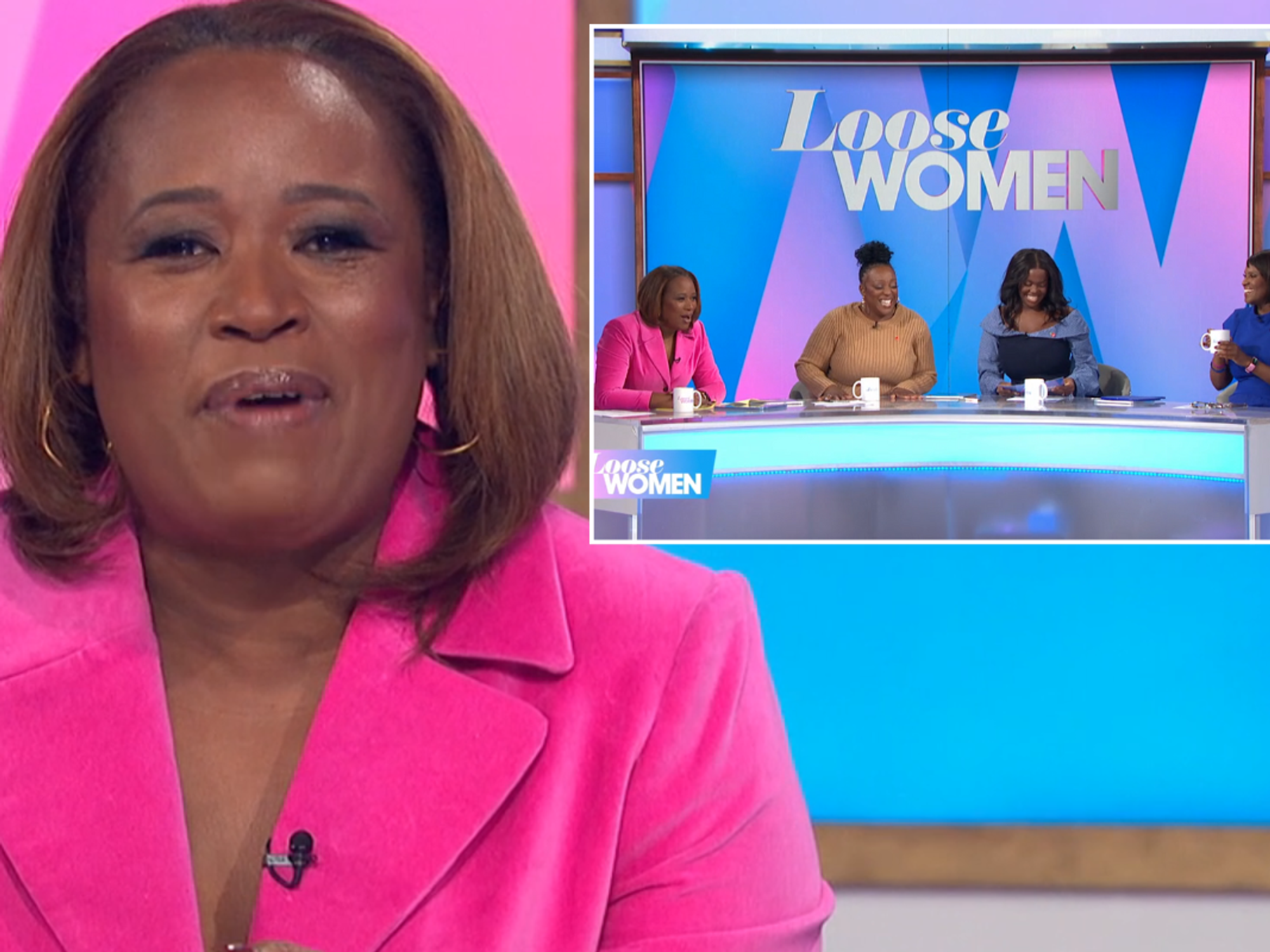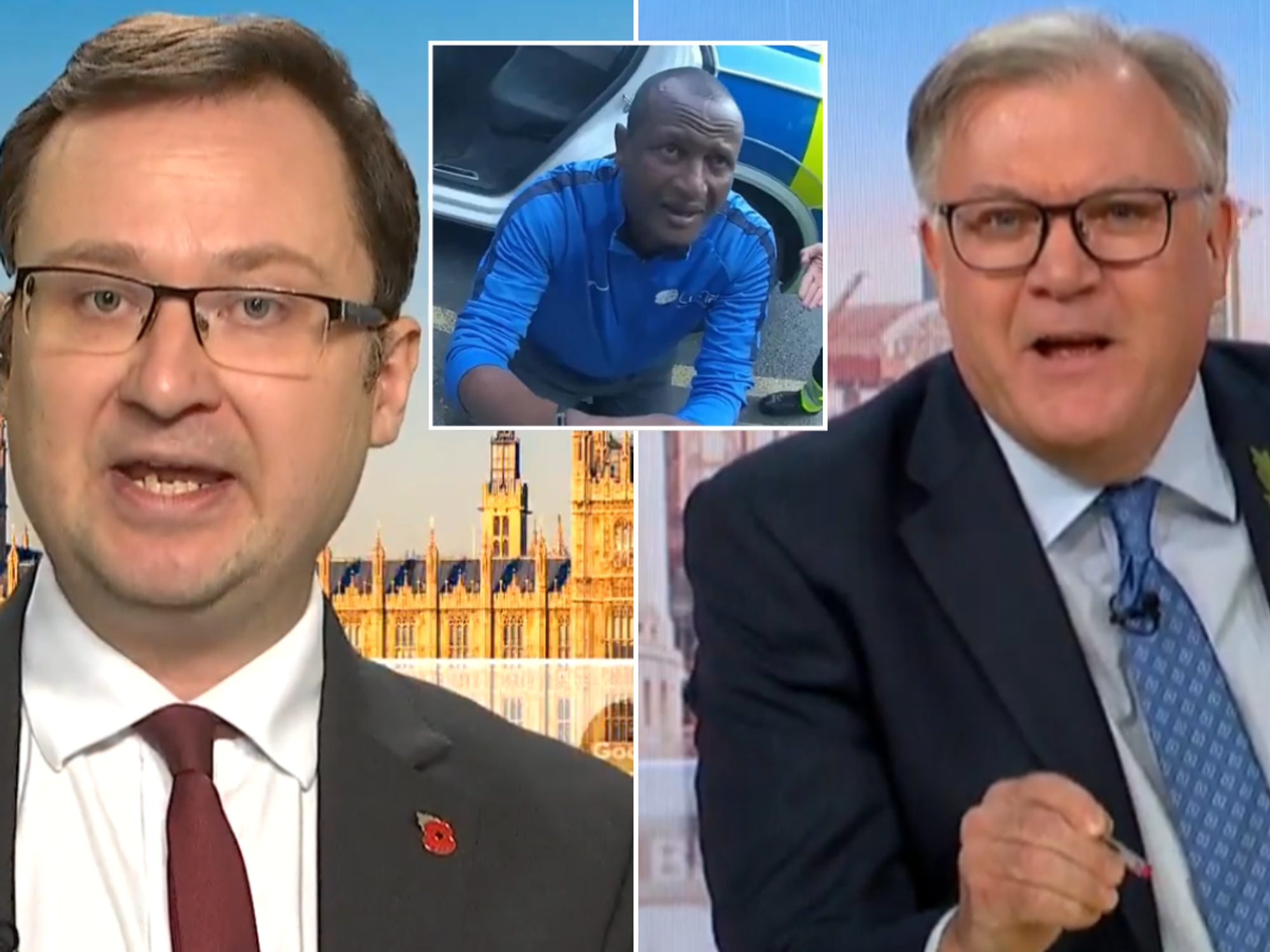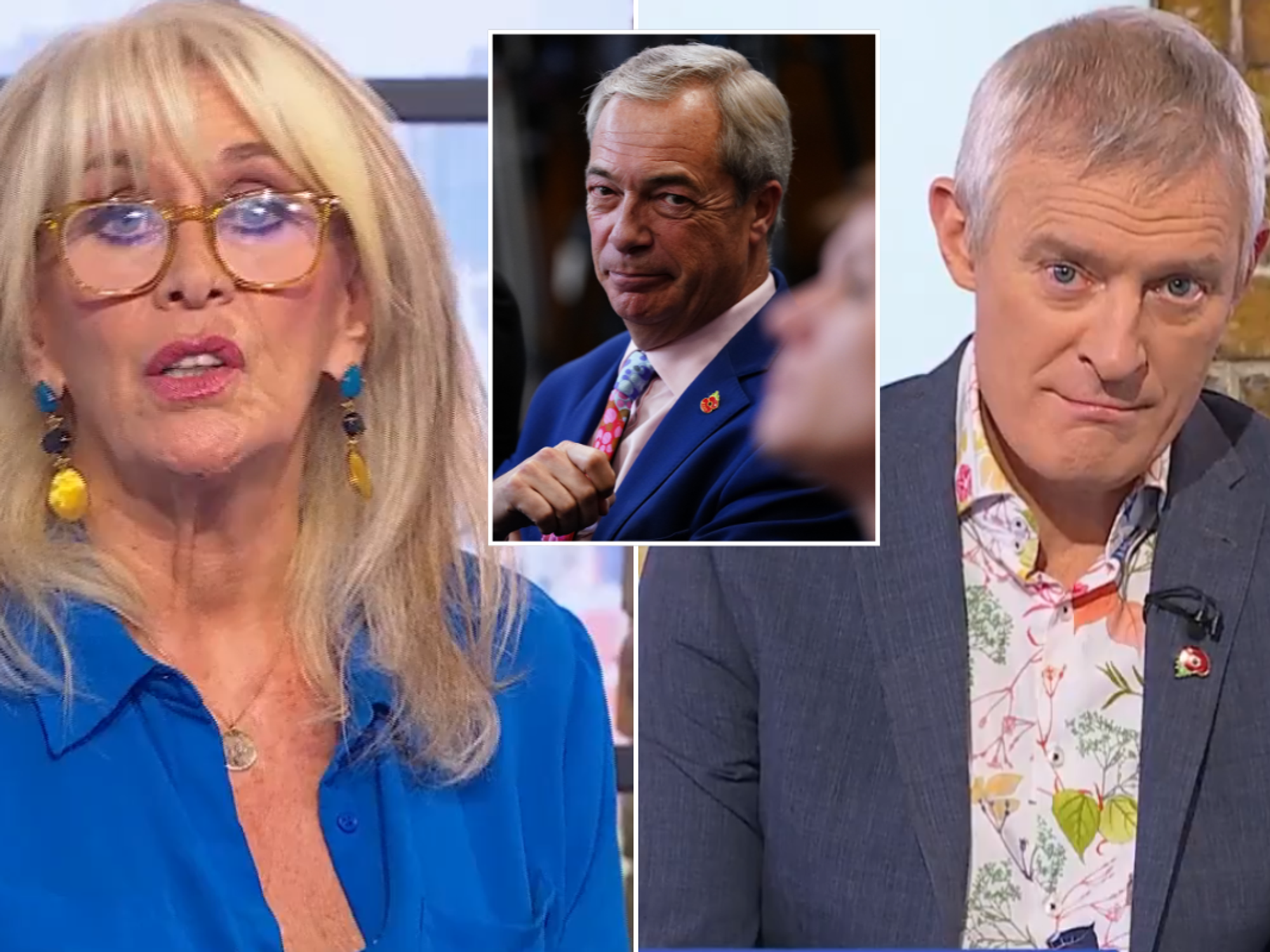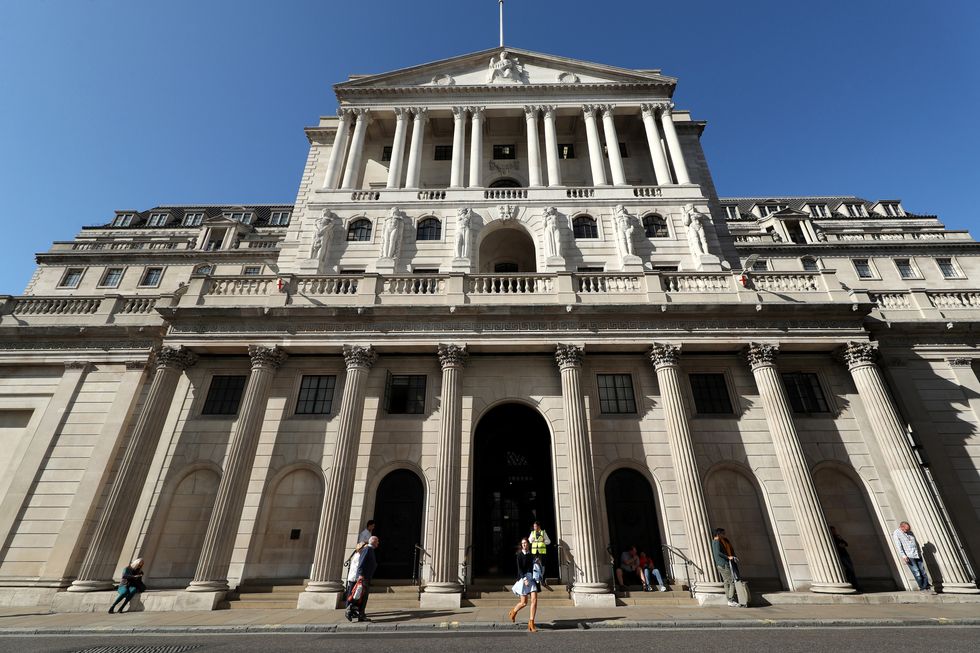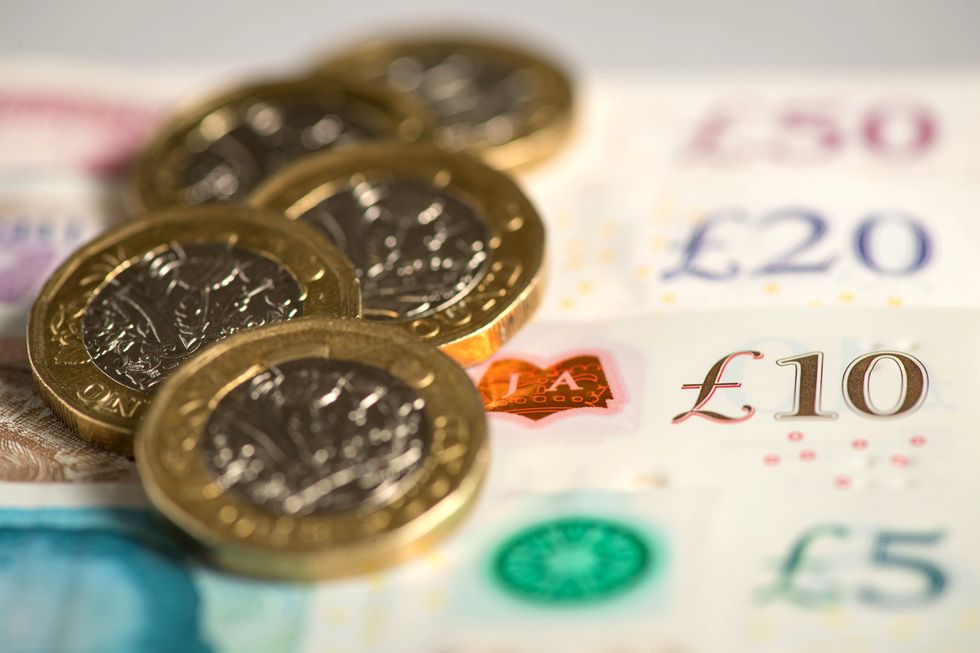Bank of England set to raise interest rates to highest since 2009
The monetary policy committee will meet later today to discuss the changes
Don't Miss
Most Read
Latest
The Bank of England (BoE) is expected to raise interest rates later today with markets bracing themselves for the decision.
The bank will make a decision on whether to raise the base rate of interest to 1.25 percent as it continues to struggle to battle against rising inflation and struggling economic growth.
The decision will be made by the Monetary Policy Committee, a group which meets eight times a year to discuss the official interest rate.
The Bank of England
Yui Mok
It would be the fifth time in a row the committee would have hiked interest rates, after raising them to one percent at their last meeting in May.
While a 1.25 percent rate would be the first time since January 2009 that the number was higher than one percent.
Among the nine person committee includes the bank’s governor Andrew Bailey as well as two deputy governors, Sir Jon Cunliffe and Ben Broadbent.
Chief economist Huw Pill will also be part of the meeting.
Interest rates could rise to 1.25 percent later today
Dominic Lipinski
Samuel Tombs, chief UK economist at Pantheon Macroeconomics sad: “April’s GDP data, surely will mean that the internal block – Bailey, Broadbent and Pill– sticks to voting to raise Bank Rate by 0.25 per cent this month.
“And given that some members thought last month that the guidance regarding further rises in interest rates was obsolete, we expect to see at least one of them, most likely Cunliffe, to vote for no change.
“With markets currently pricing in a 34 base point increase in Bank Rate this week and a further 41 base point rise for the August meeting, we expect both rate expectations and sterling to drop in the wake of this week’s meeting.”
While Laith Khalaf, head of investment analysis at AJ Bell, said: “The Bank of England faces a stern test of its mettle at the next interest rate decision, and any hesitation is likely to result in the pound being punished on the currency markets.”
He added: “By raising interest rates, the Bank is putting the brakes on an economy that is already slowing of its own accord.
“That risks the economy stalling, or worse, going into reverse.”






